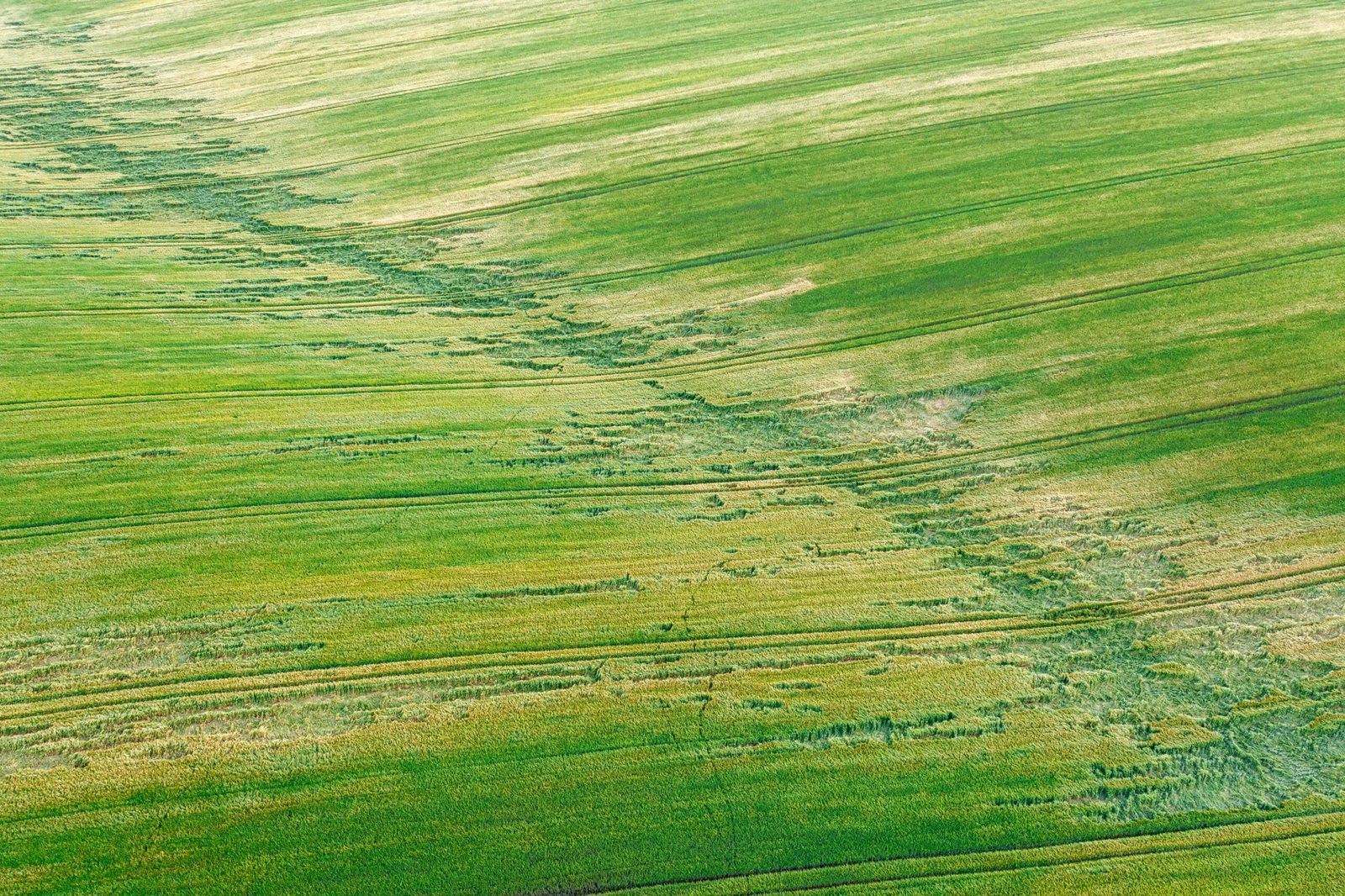- Climate-resilient grains such as millet, sorghum, and quinoa are appearing in breakfast cereals as sustainable alternatives.
- These crops offer nutrition, adaptability, and a forward-looking response to climate challenges.
How Climate-Resilient Crops Are Changing Cereal Bowls
Breakfast cereal may seem like one of the most stable fixtures in the food world, but climate change is forcing innovation even here. As wheat, corn, and rice face increasing risks from droughts and shifting weather, companies are quietly turning to climate-resilient grains to future-proof your morning bowl.
Grains like millet, sorghum, and fonio—long staples in parts of Africa and Asia—are stepping into the spotlight. They’re hardy, require less water, and thrive in harsher conditions. That makes them ideal candidates not just for farmers facing unpredictable climates, but also for cereal companies seeking sustainable sourcing.
New Grains, Familiar Crunch
Some brands are already making the switch. Kashi has tested cereals with sorghum and amaranth, while startups are experimenting with fonio puffs and millet flakes. These cereals don’t just carry an eco-friendly label—they’re nutrient-dense, often higher in protein and fiber than conventional corn-based options.
The shift also ties into growing consumer interest in “ancient grains.” What was once niche health food is now showing up in mainstream supermarkets, often with marketing that highlights resilience, sustainability, and global food traditions.
Climate Challenges on the Breakfast Table
According to the Food and Agriculture Organization, diversifying crops is key to securing the global food supply in the face of climate disruption. Breakfast cereal may seem like a small slice of that problem, but it’s an everyday food with massive cultural reach. If millions of households start pouring millet flakes instead of cornflakes, it signals a broader food system shift.
Of course, taste and texture will decide how quickly these cereals catch on. Kids may not notice the difference if the flavor is familiar and the crunch is satisfying. For parents, though, the sustainability story adds an extra reason to buy.
The Bottom Line
Climate-resilient crops are changing more than farming—they’re changing what we eat at the most basic level. If the cereal aisle is any indication, tomorrow’s breakfast bowls will look a little different: still crunchy, still sweet, but built for a world where climate resilience matters just as much as taste.
Related posts:
Jacklyn is a San Diego–based food journalist with a background in the confectionery world. Before diving into food reporting, she worked at a startup crafting plant-based, low-sugar sweets designed to make candy a little healthier







